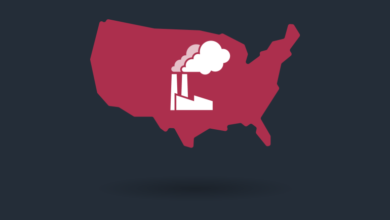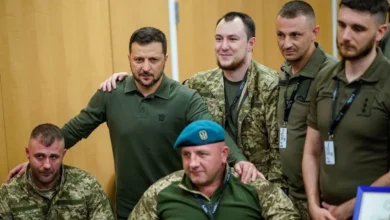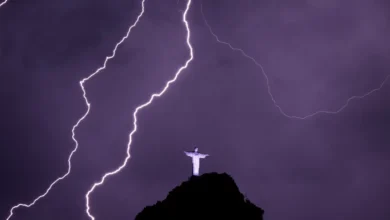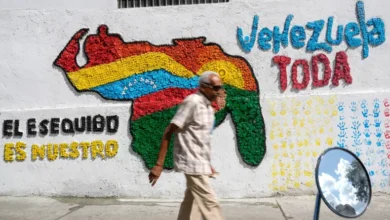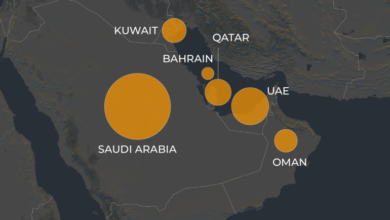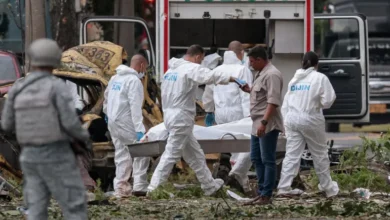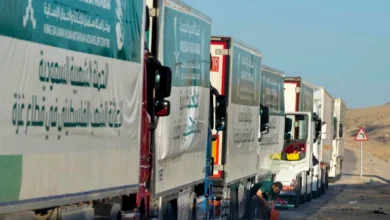‘Hope never dies’: Venezuelan migrants disappear in Colombia
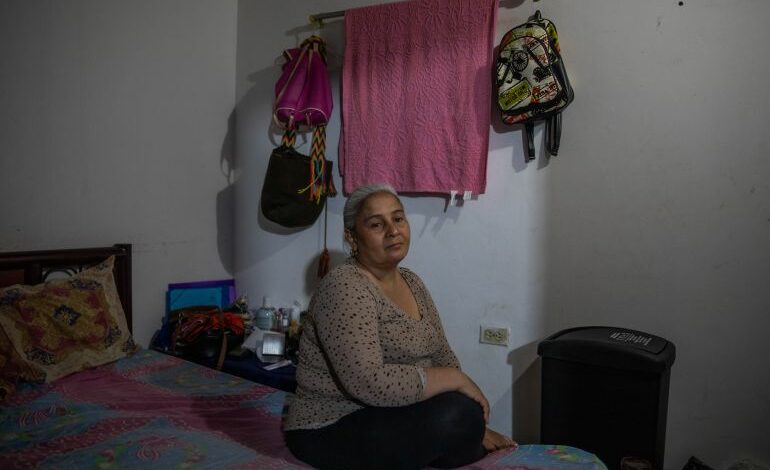
In the last WhatsApp message that 17-year-old Nestor Pena sent on May 16, 2020, he promised his mother he would write to her again when he clocked out from work.
But at about 3:30pm, Nestor went for lunch in Tulua, a city in western Colombia, and was never heard from again. At the construction site where he worked, he left behind a new pair of shoes, a change of clothes, his mobile phone and his Venezuelan passport.“They couldn’t have tried to rob him because he left everything behind,” Zugey Pena, his mother, told Al Jazeera. Still contemplating what might have happened to her son, she holds onto one clue: “His coworker had heard that the rebels took him.”
According to the Colombian attorney general’s office, 288 Venezuelans have been reported as victims of forced disappearances in Colombia since 2015, when the economic and humanitarian crisis in Venezuela triggered an exodus of migrants and refugees.
Colombia’s National Institute of Legal Medicine and Forensic Sciences, a government agency that oversees a database of missing people drawn from various official sources, says the real number is likely much higher, with nearly 1,500 Venezuelans having disappeared since 2015.
About 2.5 million Venezuelans have settled in Colombia since the crisis began. They are eligible for 10-year residency permits but face scarce formal employment and discrimination. In some cases, hopes for a better life are dimmed by the country’s internal violence.
According to a report from R4V, an interagency platform led by the International Organization for Migration and the United Nations High Commissioner for Refugees, gangs and armed groups throughout Latin America target Venezuelan migrants for forced recruitment, sex trafficking and exploitation in illegal mines — crimes that can result in their disappearance.
“Due to their vulnerable situation, the absence or lack of access to a mechanism to regularise their legal status, the lack of resources and the lack of a family network and community, they can be especially susceptible,” Chiara Marinelli, a coauthor of the report, told Al Jazeera.

